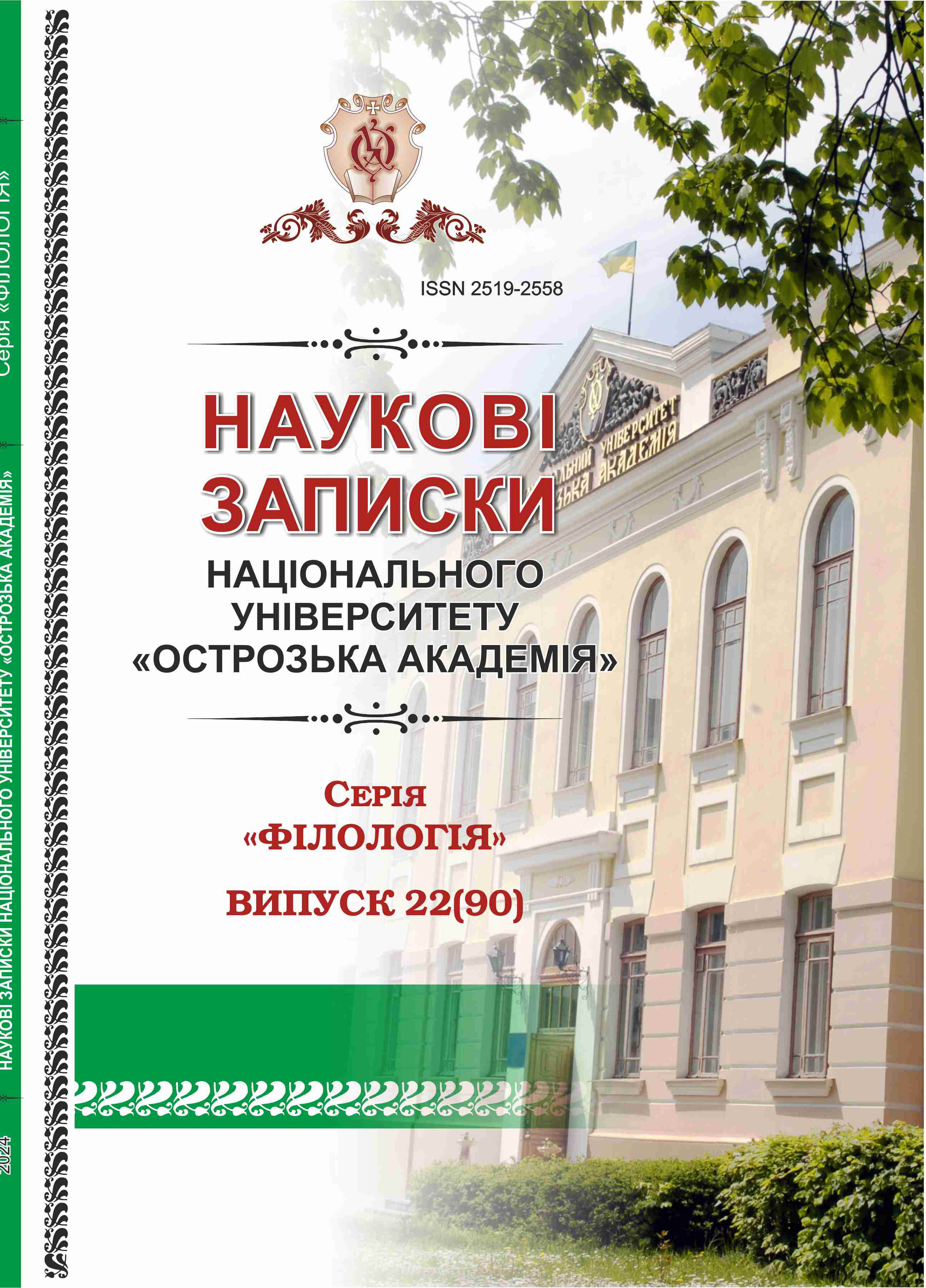ХУДОЖНЯ ІНТЕРПРЕТАЦІЯ КОМПЛЕКСУ БЕЗҐРУНТЯНСТВА В РОМАНІ УЛАСА САМЧУКА “НА КРАЮ ЧАСУ”
Ключові слова:
безґрунтянство, екзистенція, еміграція, ідентифікація, образ-двійникАнотація
Стаття присвячена екзистенціальній проблемі безґрунтянства, до якої інтенсивно зверталися українські письменники, особливо у діаспорі ХХ ст. Актуальною вона залишається і в літературі сьогодення. Улас Самчук зарекомендував себе як автор, для якого тема безґрунтя є органічною, зважаючи на його життєвий досвід, зафіксований у творах (“Плянета Ді-Пі”, “П’ять по дванадцятій: записки на бігу”, “На білому коні”, “На коні вороному”). Мета статті – на матеріалі роману Улас Самчука “На краю часу” дослідити комплекс безґрунтянства, який став психологічним викликом для героїв твору, котрі вимушено покинули Батьківщину, яка потерпала від колонізації після Першої світової війни та революційних подій. У роботі використано культурно-історичний підхід, метод екзистенційного аналізу, а також прийоми біографічної, структуралістської, психологічної та інтертекстуальної інтерпретації літературного тексту.
Поняття безґрунтя тісно пов’язане з філософською теорією укорінення (М. Гайдеґґер, С. Вейль). У статті комплекс безґрунтя осмислено у світлі праць українських вчених (М. Шлемкевич, Ю. Шерех, Л. Тарнашинська, О. Сінченко). Роман Уласа Самчука “На краю часу” (1963), вперше опублікований через 60 років, оприявнив невідомий раніше пласт доробку письменника. У ньому розкрито три типи утвердження національної ідентичності, до якої вдавались біженці: організовані протести (віче у Празі), міжособистісна комунікація, літературна творчість. Головний герой твору, молодий письменник Ярема Бойчин, долає симптоми безґрунтянства попри несприятливі історичні обставини. Його внутрішній конфлікт посилює герой-опонент Петрицький, який уособлює зневіру, зречення від ідеї самореалізації у письменстві.
Автобіографічний роман “На краю часу” переконливо ілюструє феномен “загубленої української людини”, комплекс духовного сирітства емігрантів, водночас утверджує цінність художнього слова для національного життя, доводить силу духу письменника, свідомого своєї місії на чужій землі.

